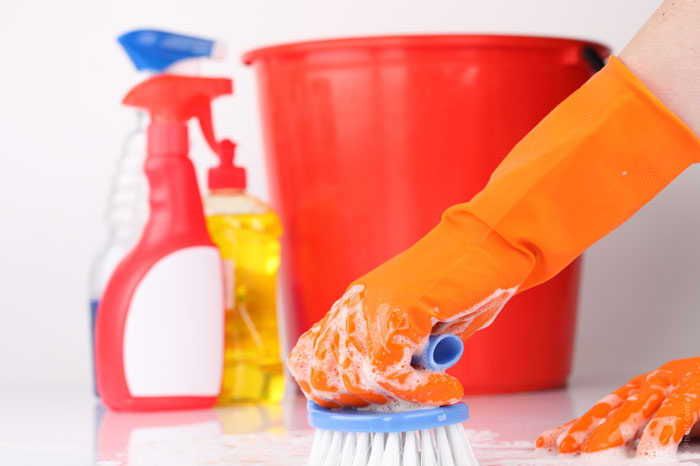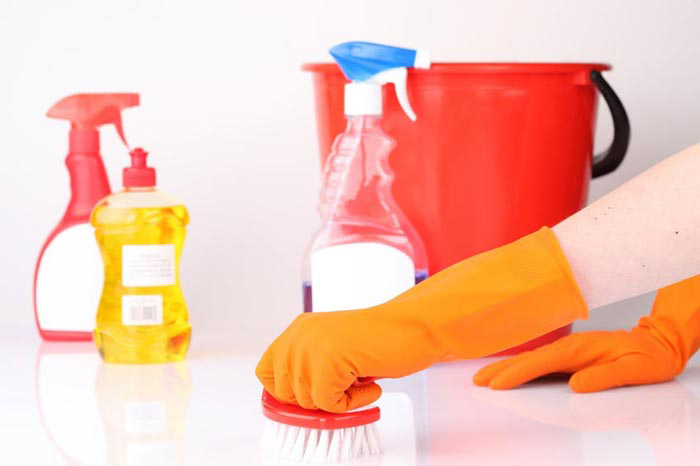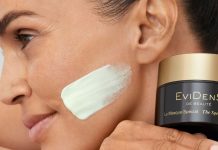According to the WHO, approximately 15% of the world’s population suffer from allergic reactions, including those associated with the use of household chemicals. How to avoid them? How to choose the right household chemicals?
Read the label
The products that will not damage your skin contain a minimum of preservatives (no matter how demonized the preservatives are, without them even household chemicals would spoil within a day like fresh milk), there are no phosphates, but there is a safe combination of biodegradable surfactants.
Pay attention to certificates
When choosing a detergent or a cleaning product, it is better to give preference to dermatologically tested products with biodegradable active ingredients without phosphates, dyes and chlorine bleach. For example, look for Skin Health Alliance approval or ECARF certification, which is a certification approved by the European Center for Allergy Research.
Natural ingredients are not suitable for everyone
Following the fashion for natural ingredients, many people forget that naturalness does not mean safety at all: herbal ingredients can provoke allergies, like synthetic ones.

Consider buying a dishwasher (if you haven’t bought it already)
Not the best advice, but still: using dishwashers virtually negates direct skin contact with water and detergents. This is a profitable family investment in many ways: more free time and tangible savings in water and energy.
Use gloves and store household chemicals properly
Even if you do not have allergies, you should not come into direct contact with household chemicals, it is advisable to even wash the dishes with gloves. As for storage, it is advisable to hide everything in dark, closed places. It is not necessary to store bags of powder or toilet washing liquid in an open place, in plain sight (even if it is more convenient) – their chemical smell in large quantities can harm the respiratory system in the long run.
An allergic reaction does not occur spontaneously. It develops gradually as a result of regular contact with the substance that causes it. The first principle of prevention is to avoid contact with the irritant component. Anything can provoke an allergy, but there are substances that cause it much more often. For example, household chemicals. Choose them wisely and do not inhale their fumes when cleaning.











